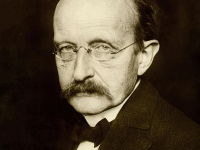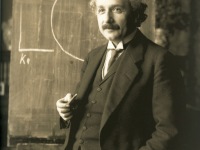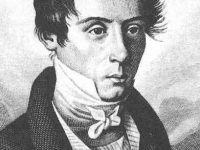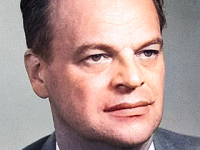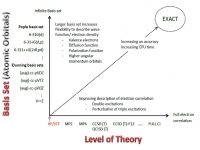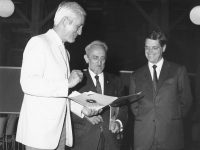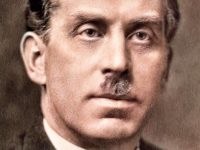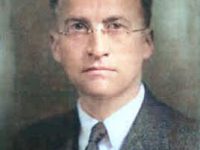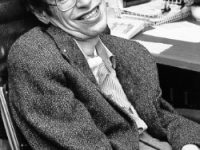Max Planck and the Quantum Theory
On April 23, 1858, German theoretical physicist Max Planck was born, who originated quantum theory, which won him the Nobel Prize in Physics in 1918. “I regard consciousness as fundamental. I regard matter as derivative from consciousness. We cannot get behind consciousness. Everything that we talk about, everything that we regard as existing, postulates consciousness.” – Max Planck, Interview in ‘The Observer’ (25 January 1931), p.17, column 3 Childhood in Munich Max Karl…
Read more

